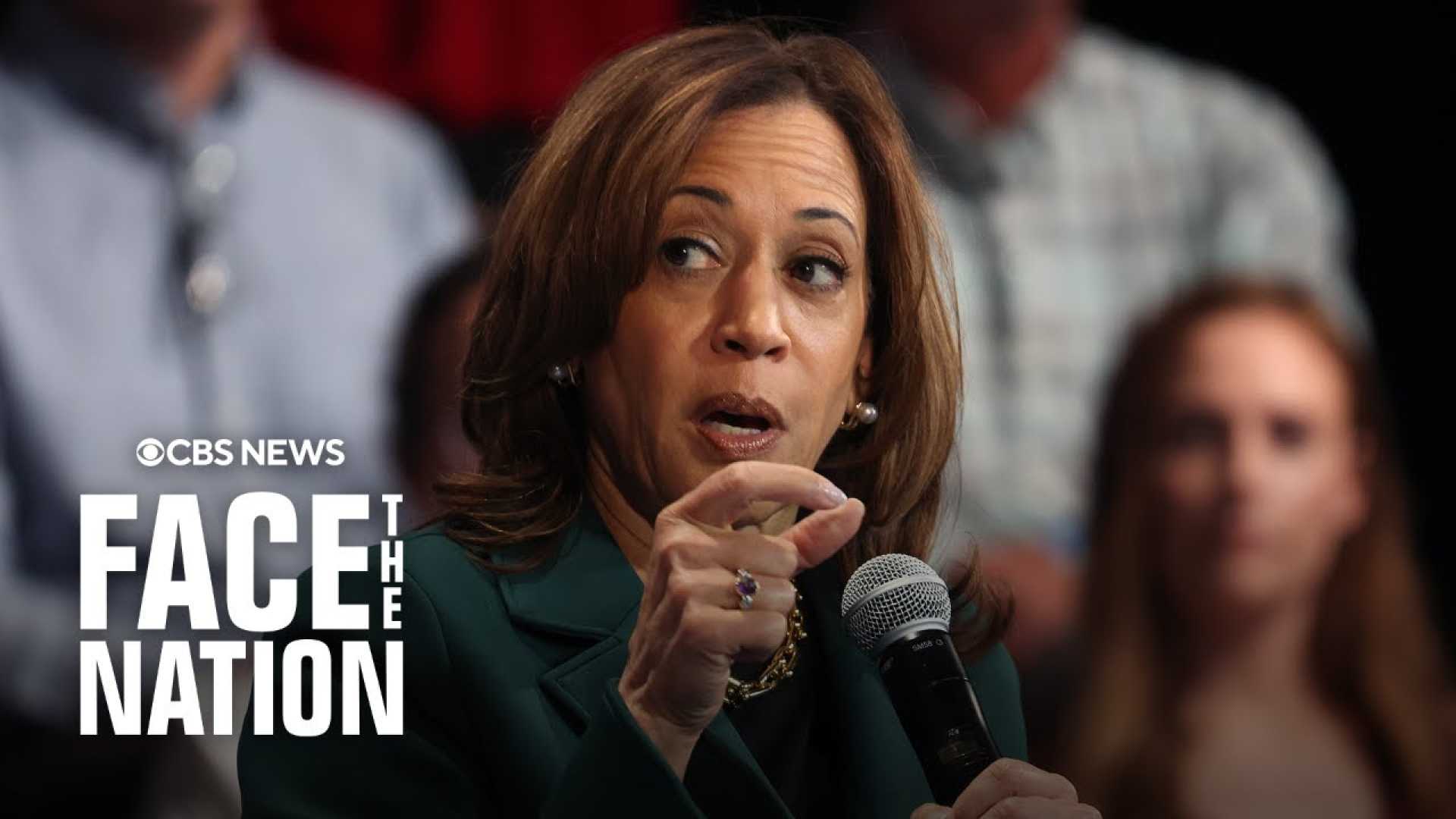Politics
Rep. Debbie Dingell Eyes Trade Collaboration with President-elect Trump

Rep. Debbie Dingell (D-MI) expressed willingness to collaborate with President-elect Donald Trump on trade issues during a Saturday appearance on Fox News Live. Dingell, a Michigan Democrat, emphasized her support for tariffs on Chinese imports and highlighted the need to renegotiate trade agreements to protect American manufacturing.
“I’ll give you an issue I am looking forward to working with Donald Trump on, and that is trade,” Dingell told Fox News host Griff Jenkins. She praised President Joe Biden‘s recent decision to block Nippon Steel‘s acquisition of U.S. Steel, calling it an economic and national security issue. Dingell noted that Trump also supports this move, signaling potential bipartisan cooperation.
Dingell described tariffs as a “tool in the toolbox” and advocated for their strategic use, particularly against China. “China is subsidizing its production of electric vehicles, not paying workers a decent wage,” she said. “I support a tariff on Chinese cars coming into this country.” She also called for amendments to the United States-Mexico-Canada Agreement (USMCA) to prevent China from exploiting loopholes by manufacturing in Mexico and marketing products as North American.
During the interview, Dingell acknowledged the need for Democrats to refine their messaging and focus on issues that resonate with voters. “We’re going to pick our fights,” she said. “Just because Donald Trump says something doesn’t mean we’re going to take it on. When it’s going to hurt the people we represent, we will take it on.”
Other Democrats have also signaled openness to working with Trump on specific economic policies. Independent Senator Bernie Sanders (I-VT) expressed hope for bipartisan efforts to raise the federal minimum wage, while Rep. Jared Moskowitz (D-FL) joined a Republican-led caucus focused on government efficiency.
Trump, who campaigned on reducing inflation and imposing tariffs on foreign nations, is expected to introduce a series of economic reforms after his inauguration on January 20, 2025. His administration will face a closely divided Congress, with Republicans holding a slim majority in the House.












